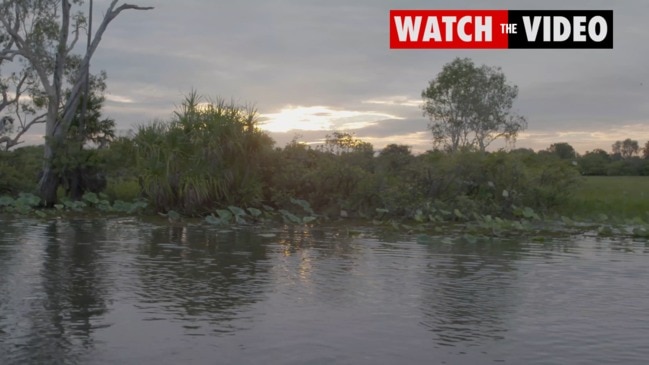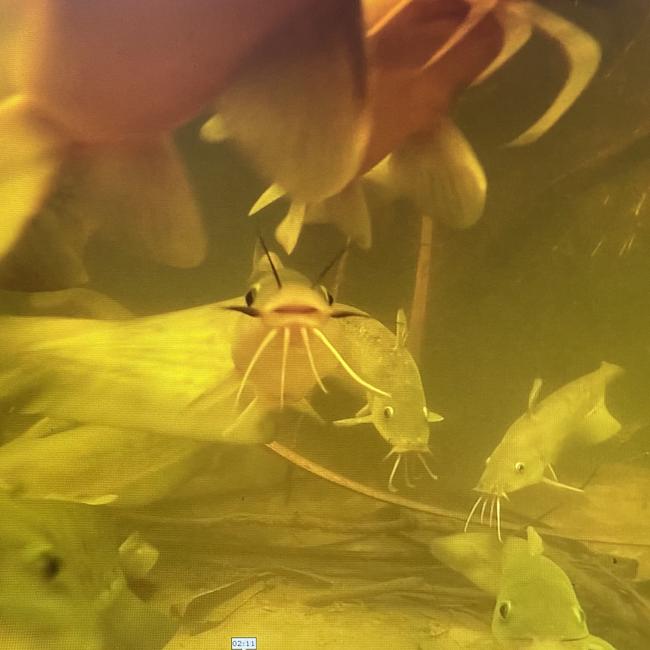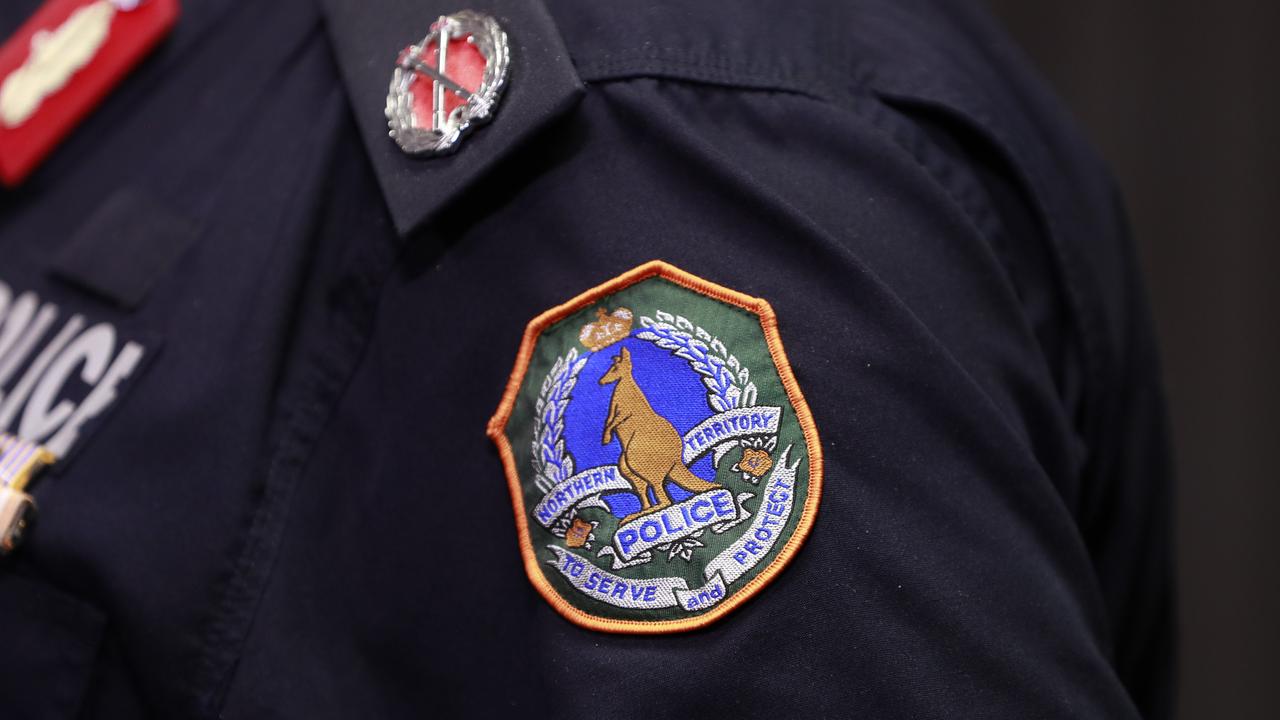Public’s help needed to label more than 500,000 images of fish
SCIENTISTS protecting Kakadu National Park are attempting to generate the largest dataset of fish species in the world and are calling on citizen scientists to help

Northern Territory
Don't miss out on the headlines from Northern Territory. Followed categories will be added to My News.
- Traditional owners threaten to close down Kakadu National Park, key tourism sites
- Let the work begin: Kakadu Master Plan sign-off to breathe new life into our world Heritage Park
SCIENTISTS protecting Kakadu National Park are attempting to generate the largest dataset of fish species in the world and are calling on citizen scientists to help with the groundbreaking work.
Federal Environment Minister Sussan Ley said scientists looking after river health needed the public’s help to label more than 500,000 images of fish.
MORE TOP NEWS
Rinehart pushes ahead with sale of four NT stations
Independent panel to hand down Dan Murphy decision next month despite legal action
$800m Territory mine gets federal major project status
In partnership with Microsoft, the federal Supervising Scientist Branch has developed an AI-based solution to track underwater species to help researchers and Indigenous rangers safely monitor billabongs without fear of croc attacks.
“This dataset will make it easier to train artificial intelligence to identify different fish species, creating a tool that will support the protection of the dual-world heritage listed Kakadu National Park,” Ms Ley said.

The public go online, log on and annotate the images on the screen. Some of the species you may encounter include the barramundi, chequered rainbowfish and penny fish.
Supervising scientist Keith Tayler hopes the tool will eventually be used by Indigenous ranger groups to safely undertake long-term environmental monitoring at Kakadu.
“Fish monitoring was previously tackled by teams of up to 15 people working in the field for weeks at a time, using nets to sample fish or count them through see-through panes in a bubble boat,” Mr Tayler said.
HOT NEW DEAL: Read everything for 28 days for just $1
“Increased crocodile activity in the area has made it perilous.”
Microsoft chief technology officer Lee Hickin said the framework developed for Kakadu could be redeployed anywhere, from Antarctica to the Great Barrier Reef.
To take on the digital fishing challenge visit https://www.bruvnet.org/


